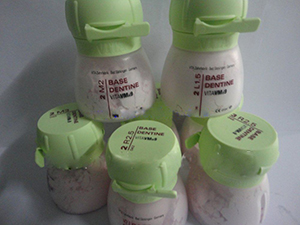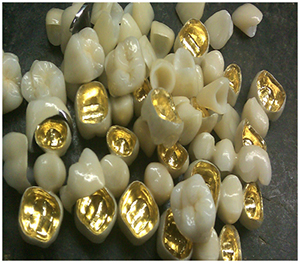We’ve even been asked to shadow the front desk people and vice versa so that we can understand what each of us brings to the practice. The office manager was all for this, IF we would come in on our day off and shadow the front desk. But since they’re short one person at the front and they all work five days a week, they could not shadow us. How can we address this with the front desk team without coming off as “the prima donna hygiene team”?
ANSWER FROM LISA NEWBURGER, LISW-S, aka, Diana Directive at DiscussDirectives:
Front desk staff, they can be tricky! On one hand, we all want to play nice on the playground, and on the other hand, why can’t people just do their jobs without all the drama? Where is the manager in this? Or what about the good dentist? It seems to me that you have a great case. Money is walking out the door because of a system issue. Doesn’t it make sense for the staff to become a team and cover each other’s work when someone is off? This is just logical. But, if you focus on the revenue that’s being lost for the practice—that’s a good tactic that might make people wake up.
Start documenting this issue for the manager. Without concrete proof that nothing is happening, you got bubkas—nothing! Keep a log that keeps track of when your person is out. What transpired? What action did you take? Get the other hygienists on the same page documenting this. Then, have a meeting with the manager and give her your report. Whether you’re on commission or not, the practice is losing money. That’s all they need to hear. Suggest a meeting with the manager and front staff and hygienists to address this problem. The key in my line of work is communication. If people don’t know there’s a problem and they don’t have accountability, then nothing changes. Have a second meeting a month later to review what happened that month. Change is slow, but it can happen.
I think the office manager is nuts to want you to shadow on your day off. She (or he) isn’t addressing the problem. You can tell her I said so. Tell her to woman up! When there’s a problem that’s hurting the office, it’s her problem also.
ANSWER FROM JUDY KAY MAUSOLF, Founder of Practice Solutions, Inc:
The most effective way to address this is to have a team meeting to discuss current results and what can be done differently in the future. At this meeting, establish clear and specific standards for the process of filling the schedule. Also, define what the appropriate length of time is for each type of appointment, and expectations on whether to leave a time unscheduled or fit a large appointment in a small time spot if that’s all that’s available.
Based on what you shared, your process is—filling the schedule is left up to the masses when your specific person is out. Whenever something is left up to everybody versus assigned to a specific person, the chances of successful results are greatly decreased. It becomes last on the list to be done once someone has completed all of his or her tasks.
I have found in most dental practices there is an abundance of tasks to be done with minimal time. Everyone has a full plate. If that is the case for your team as well, the chance for success is minimized. I would suggest that two specific coordinators be assigned to cover for the patient coordinator when she is absent. I would assign the coordinators who already have a full schedule for the next day, with an expectation that they will share the load of filling the schedule. It’s important that we trust our co-workers are doing their best instead of doubting their efforts. People work harder for those who trust and believe in them. It’s also extremely beneficial when clinical and non-clinical team members understand what each other does. Cross training and observation time is very effective and worth the investment from the practice.
It’s important for the team to stop pointing the finger of blame and “shoulding” on each other. (You should being “doing.”) Every task in the office is the responsibility of the entire team as long as it is legal, ethical, and within their licensure. When we work together and help each other we all succeed!












